Why Is Reading Important For Children?


In, “I Can Read With My Eyes Shut!” Dr. Seuss says it best: “The more that you read, the more things you will know. The more that you learn, the more places you'll go!”
Reading is essential for children for numerous reasons. Obviously, a child needs to be able to read to get by at school. However, the importance of reading goes much further than that, shaping your child's brain development, cognitive abilities, creativity, and even their independence.
Here are seven reasons why you should inspire a love of reading in your child and ensure that they develop all key reading skills.
1. It’s essential for your child’s cognitive development.
Cognitive development is how children think, process things, and behave. The Encyclopedia of Children’s Health defines cognitive development as “the construction of thought processes, including remembering, problem solving, and decision-making, from childhood through adolescence to adulthood.” Essentially, reading helps your young child with the building blocks of thinking skills they’ll need to navigate through life.
Reading and language skills begin to develop in children from a very early age. The need to communicate starts developing right from the beginning of their life and this development is reflected in a child’s cognitive development. Their behavior and how they think also translates into how they speak and listen. As a child starts listening to how their parent/guardian speaks, and starts processing what is read to them, they start putting sounds to words, and words to articulated thought. The benefits of reading therefore, go way beyond being able to read a book, or reading aloud to an audience. It allows children to evolve their communication skills and work on overall language development.
Reading to your children from a young age not only improves their listening skills, but also introduces them to phonics. Phonics is where children start to connect the sounds of spoken language with written words. This is an essential process for a child to be able to listen and eventually communicate. This type of learning is often introduced to 5 and 6 year olds. Naturally, when you read to children, you start introducing new words that your child will first hear and then, eventually connect to their written form.
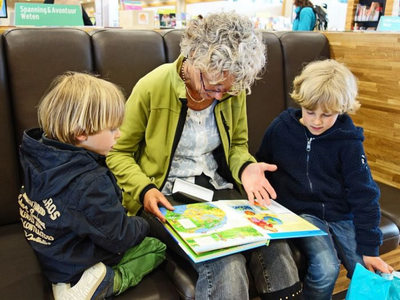
When reading to your young child, make sure you read slowly and with expression. Add particular emphasis on certain words so that your child can remember what it means more easily. You may also want to point to the words as you read them. If you want your child to be more involved, you can even have them turn the page. Illustrated children's books and picture books are a great first step in your child's reading journey as they relay written information and meaning visually.
If your child is more experienced with reading, you can take turns reading different paragraphs. You also can have your child read to you. Make sure that you ask questions as you go, ensuring that your child understands what you are reading to them - you can even encourage them to incorporate this into their daily routine! This will encourage independence and creativity, and will ultimately help your child learn all the principles of reading, creating a great foundation that they’ll carry for the rest of their lives.
2. Reading increases vocabulary.
Children need to learn vocabulary in order to be able to communicate effectively and build new literacy skills simultaneously.
The more a child reads, the more words they’ll be exposed to. If they then look the words up in a dictionary, they will also learn different definitions. Even when read to, a child will start learning how to associate sounds with words and definitions, soon incorporating them into their own speech and improving their vocabulary as well as their general phonemic awareness.
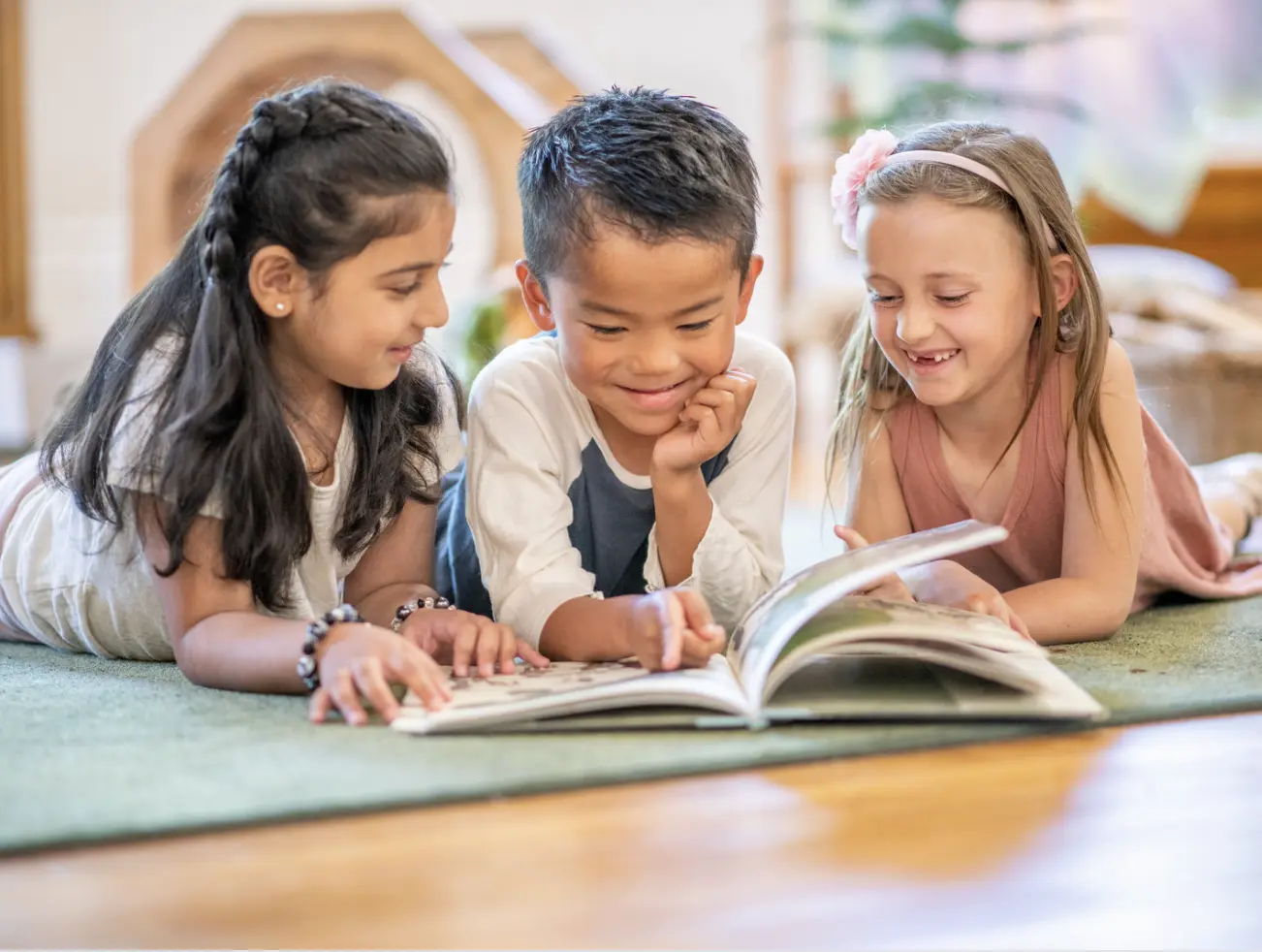
3. Increases their understanding about the world.
Books, articles and magazines offer children the opportunity to travel to faraway lands or brand new worlds, befriend talking animals and learn different ways humans communicate and behave. Through reading, a child can become exposed to so many characters, personalities and cultures without even leaving the house, which in turn will aid emotional development and cultural awareness.
Reading also exposes children to the different ways that people speak. It introduces nuance within speech, such as colloquialisms, slang, contracted forms of speech, questions and answers. This allows the space for your child to understand the various manners of expression within just one language. In this way, we can argue that reading also helps to build key social skills that would otherwise be more difficult to develop.
4. Reading improves your child’s writing skills.
Reading is intrinsically linked to writing and storytelling. The more your child reads, the more they work on cognitive development, their vocabulary, their comprehension and other literacy skills. The skills introduced by reading and storytelling allows a child to be able to better express themselves, which often is then reflected in their writing.
After all, if a child is reading, they are technically reading someone’s writing. The more your child reads, the more they are exposed to the different ways authors tell stories. Reading stories gives a child more exposure to different styles of writing, which can help them develop their own unique writing style.
5. It allows for independence and identity.
Reading helps build independence in two ways. Firstly, so much of everyone’s lives is informed and influenced by what is written - whether that’s on the TV, on signs, on email...writing is everywhere. To be able to read is to be able to communicate and formulate thoughts on one’s own. Reading helps children excel in school work and teaches them how to communicate effectively with others, as well as helping them consume information shared with them directly or indirectly, which is key to your child’s future academic and professional career.
For children, reading also gives them a special sense of independence. When a child knows how to read, they can do this activity by themselves. They can dive into stories and fairy tales, start learning and thinking on their own by improving reading comprehension skills, and start crafting their own identity. Reading allows a child to learn to do things without asking for help. For example, when a child knows how to read, they can read how-to’s or instruction books. Reading is a wonderful way to encourage your child to build self-discipline and a sense of responsibility for their own academic success.
There is a reason that there are so many beloved fandoms out there for childrens’ book series. A variety of online quizzes let a child know what Hogwarts House they are in or what Hunger Games District they might represent. Many children take this personality sorting very seriously, which can be a very positive form of self-care and have a great impact on your child’s wellbeing, as they tend to feel a sense of belonging and find comfort in being part of an existing community of like minded people!
Just as reading increases a child’s empathy with the world around them, it also can introduce relatability and the beginnings of identity. A child may relate to a particular character and strive to be more like them. Alternatively, reading also introduces antagonists and villains, teaching children about morality.
6. Relationship building.
Emilie Buchwald once said, “Children are made readers on the laps of their parents.” When you spend time reading to your child, you ultimately build a bond with them through the story. Whether you’re actively reading to your child, or they’re reading to you, reading and books is always a worthwhile conversation topic - why not discuss their favorite book at dinner, or go on a field trip to your local library? All these activities will help you bond with your child in a fun and educational way, while also giving you an opportunity to get to know your child on a deeper level.
Storytelling is two fold: it can be written or spoken. Therefore, young children who are just learning how to read can start the phonics process and still bond over the story with the reader. You can learn more in this article we wrote about why storytelling is essential to children.
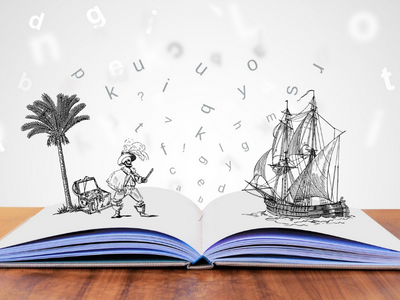
Plus, story time is a lovely excuse to spend some quality time together, snuggled up!
7. Increased creativity and inspiration.
The more a child reads, the higher the chances that they might want to write. Reading a good story can be inspiring. Whether you’re rooting for the hero to win, or simply upset that the book has ended, reading a book can become a personal investment.
Additionally, reading on a regular basis encourages play. Often a child will read a story in a fantasy world, then “play out” their characters with friends. For instance, children acting out all of the Marvel Comics they read featuring beloved characters Batman and Superman. Furthering the stories they read through play is an example of inspired creativity.
As their reading time increases, they’ll be exposed to more ideas and ways of conveying a story. For example, a child can become inspired from a particular story and write fan fiction. Perhaps they learn that they really like science fiction and would like to try their hand at crafting their own mystical universe.
Children often learn from examples, and with reading and writing, the possibilities of where a child’s creativity can go really are endless.
As mentioned previously, reading can provide wellbeing support for children, as it’s a great way to escape real life and travel to new worlds. This in turn encourages them to use their imaginations to mentally picture the characters and settings of a story, which as a result, pushes them to work on their creativity in general. Inspiring a love of reading is a great first step in your child’s writing journey!
How Night Zookeeper can help

We hope you’ve enjoyed learning more about the importance of reading and how it’s a key skill to master in terms of general child development. Want to inspire a love of reading in your child but don’t know where to start? Our reading program has been created to make learning fantastically fun for children, while covering all the key skills needed for academic success, and we’d love for you to give it a try!
You can try Night Zookeeper for FREE today!
The fun doesn’t stop there! Check out our children’s book series - They’ll love reading about Night Zookeeper Will and his adventures in the Night Zoo!
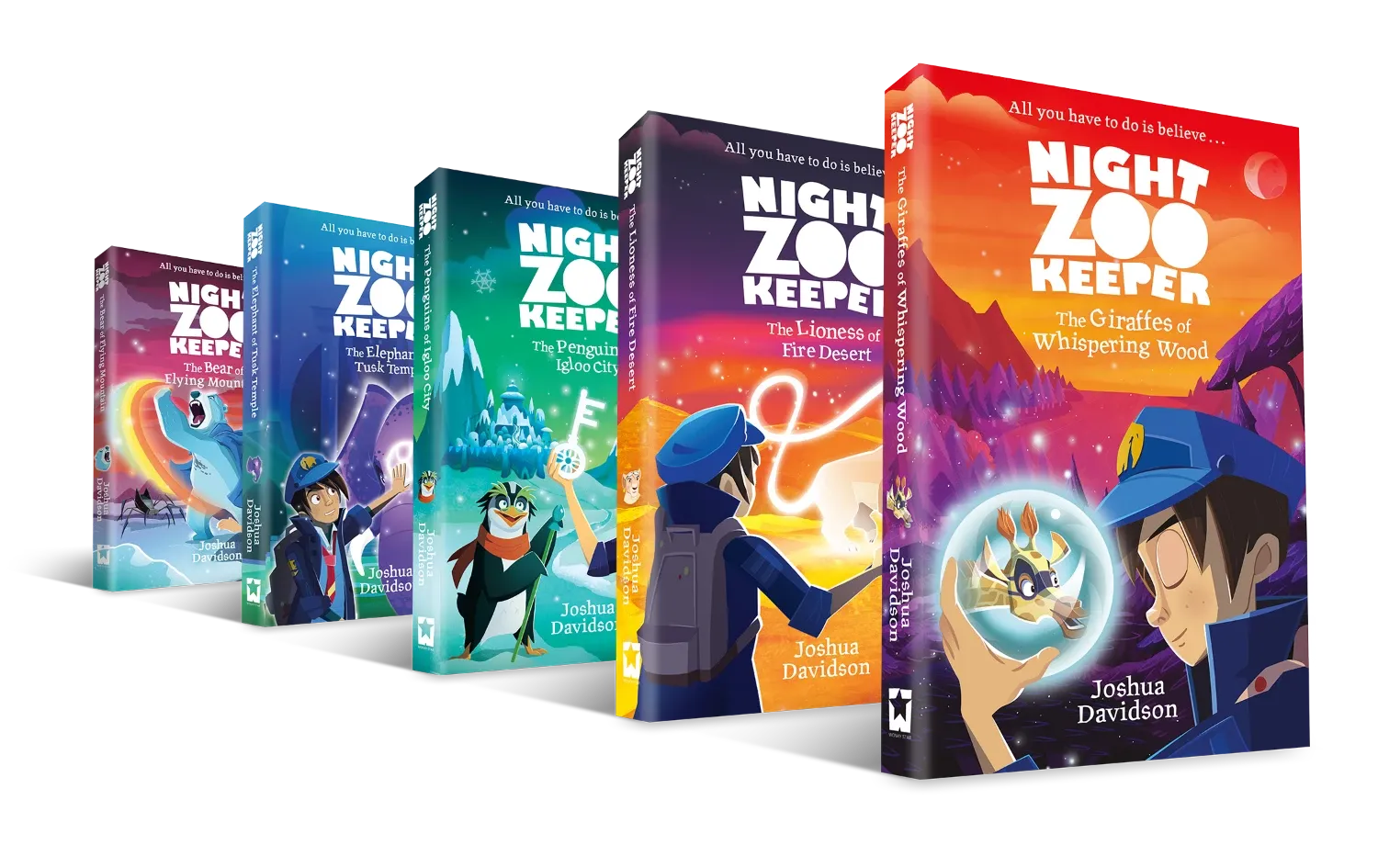
Got any questions? Email us at [email protected]. Follow us on social media for more tips and activities:


Make Reading & Writing Fantastically Fun!
- Award-winning reading & writing program for kids
- Improves spelling, grammar, punctuation & vocabulary
- Over 1,000 different learning games and activities


“My child hates writing.” What do I do?
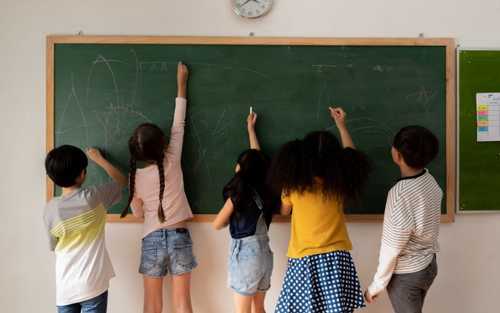

How Creative Writing Can Provide Vital Support for Children’s Wellbeing During Lockdown
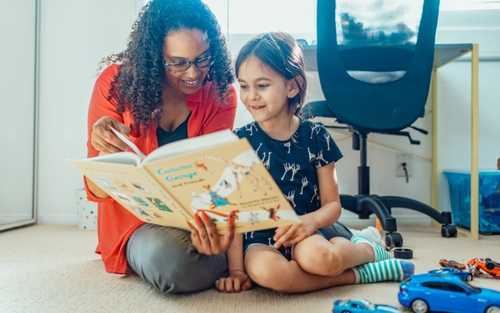

Teach a Child to Read in 6 Simple Steps


